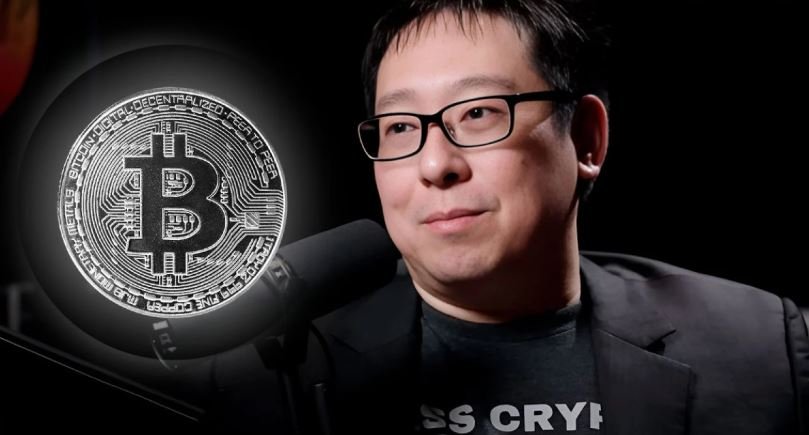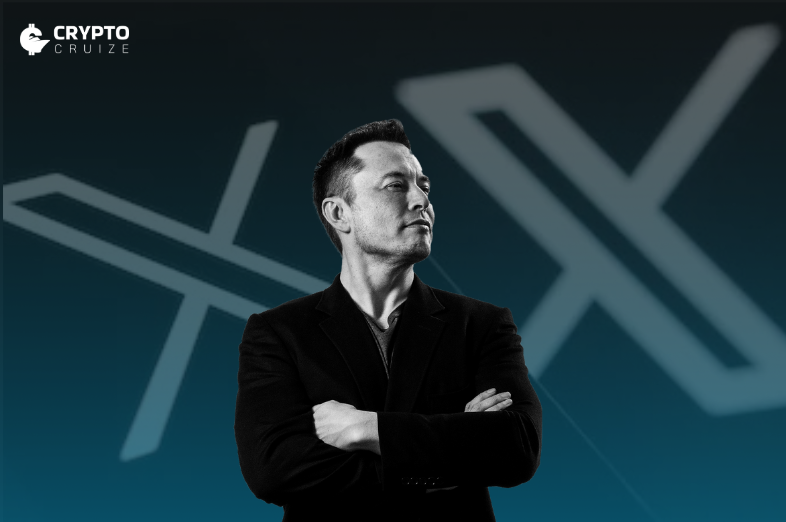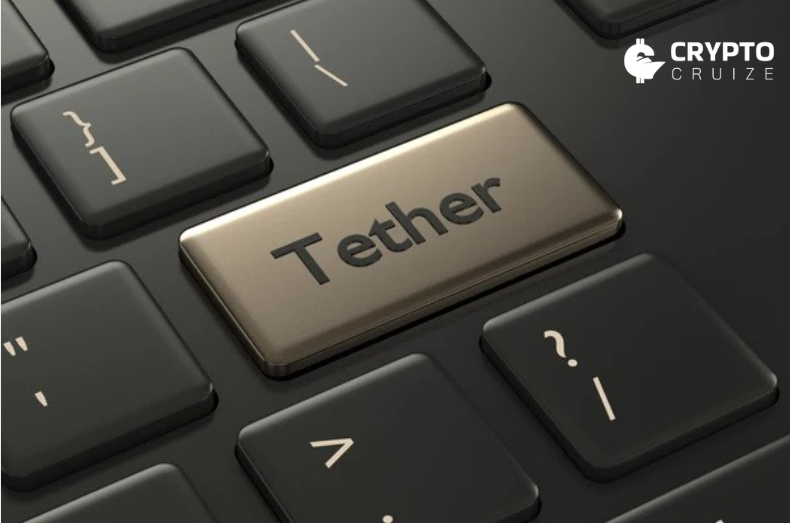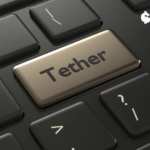Elon Musk is once again shaking up the digital landscape, this time with XChat, an end-to-end encrypted messaging feature integrated into his “everything app” vision for X (formerly Twitter). Built using the Rust programming language, the new system promises vanishing messages, file sharing, and cross-platform audio/video calls without the need for a phone number. While the term “Bitcoin-style encryption” has sparked debate among developers, the bigger picture reveals a push towards decentralised, privacy-centric communication.
A New Direction for Messaging on X
Musk officially teased XChat via a post to his 220 million followers, announcing the rollout of a new encrypted communication system that includes disappearing messages, file transfers, and seamless audio/video calls across all platforms. Crucially, users will no longer need a phone number, signalling a significant departure from conventional messaging apps like WhatsApp or Telegram.

“All new XChat is rolling out with encryption, vanishing messages and the ability to send any kind of file. Also, audio/video calling,” Musk wrote.
The launch of XChat aligns closely with Musk’s long-term vision of building an all-encompassing app akin to China’s WeChat. Unlike its Chinese counterpart, however, Musk appears focused on adding a layer of decentralisation and privacy rooted in cryptographic innovation.
Rust: Powering XChat’s Core Architecture
The choice to build XChat on Rust is notable. Rust is a systems programming language praised for memory safety, performance, and concurrency, all of which make it ideal for handling sensitive user data and managing real-time communications securely.
The architecture underpinning XChat reportedly uses methods “similar to those used in Bitcoin,” although this claim has met with some scepticism in the developer community. While Bitcoin is built on cryptographic principles, it does not technically employ encryption for transaction data. Critics have pointed out this distinction, with some developers questioning Musk’s terminology and even the choice of Rust.
Still, Rust’s capabilities for managing secure communications make it a compelling tool in building privacy-focused applications. The language’s modern design makes it suitable for building scalable, high-performance systems like XChat.
Bitcoin-Style Encryption: Fact or Buzzword?
The use of the phrase “Bitcoin-style encryption” has caused confusion. Bitcoin transactions rely on cryptographic techniques, particularly public-private key pairs and digital signatures but do not involve traditional encryption algorithms for securing data. As such, many experts argue that calling it “encryption” is misleading.

Samson Mow, CEO of Jan3 and a well-known advocate for nation-state Bitcoin adoption, was quick to respond, clarifying that Bitcoin “isn’t encrypted.” A Bitcoin core developer also chimed in, dismissing Rust as “woke” and unsuitable for security applications, a controversial statement that highlights the polarised views in the development community.
Despite the backlash, it’s clear that Musk’s aim is to evoke the decentralised, tamper-proof ethos that surrounds Bitcoin, whether or not the terminology is technically precise.
Privacy and the Everything App Vision
XChat is more than just a new messaging tool, it’s a step towards transforming X into an all-in-one platform. By removing the need for phone numbers, enabling encrypted communications, and offering media-rich capabilities, Musk is betting on a future where X replaces several apps currently used in daily life.
X has experimented with encrypted messaging since May 2023, initially limiting it to paid users. However, the feature was recently paused, possibly to allow integration with the new XChat architecture. Now, with a fresh rollout underway, paid users are beginning to see the feature live in their apps.
The timing also coincides with Musk’s renewed focus on business operations following his official exit as a government advisor at DOGE in May, suggesting that XChat is a priority under his direct leadership.
While the technical claims surrounding XChat’s encryption may be debated, the launch undeniably marks a new phase in Elon Musk’s push for a secure, decentralised, multi-functional communication platform. Whether or not XChat lives up to the hype will depend on real-world implementation and adoption but it’s clear that privacy and control are central to Musk’s next move.






















































